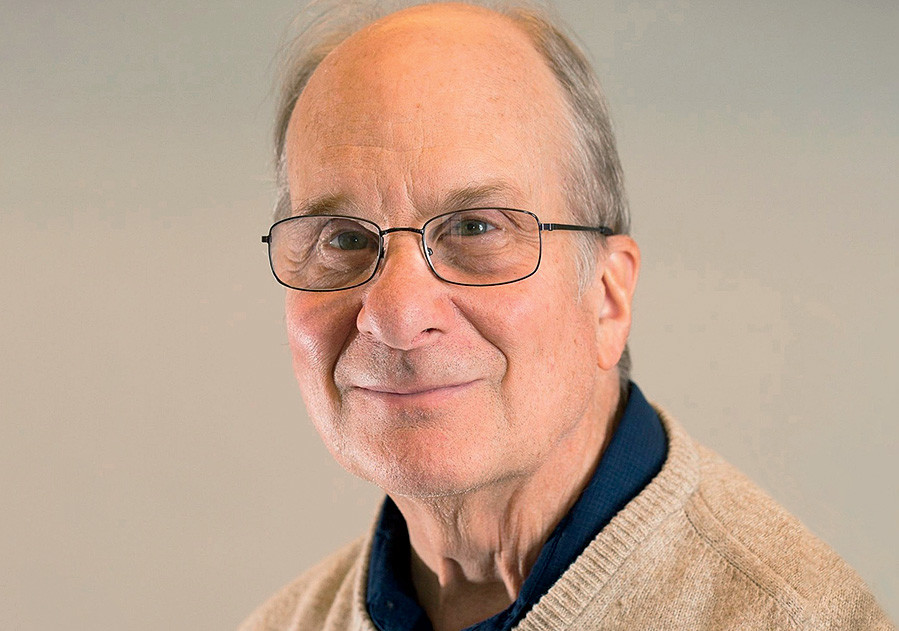Louis Brus ’69GSAS, a longtime Columbia faculty member, was recently awarded the Nobel Prize in Chemistry. He was recognized along with two other scientists — Moungi G. Bawendi of MIT and Alexei I. Ekimov of Nanocrystals Technology Inc. — for developing quantum dots, infinitesimal man-made crystals with special optical properties.
“These smallest components of nanotechnology now spread their light from televisions and LED lamps, and can also guide surgeons when they remove tumour tissue,” according to an announcement from the Royal Swedish Academy of Sciences, which awards the nearly $1 million prize.
Brus, an Ohio native who attended Rice University on a Navy scholarship and then earned his PhD at Columbia, began his career at AT&T’s Bell Labs, in New Jersey, in the 1970s. It was there that he made a remarkable discovery, finding that nanoscale salt crystals emit different colors of light, depending on their size. Just a couple of years earlier, Ekimov had observed a similar effect in copper chloride crystals; taken together, the scientists’ work revealed that nanoparticles’ physical dimensions, rather than their elementary makeup, determine the wavelength of light they release. Bawendi, who worked as a postdoctoral researcher in Brus’s lab in the 1980s, went on to develop a chemical method to produce quantum dots of extremely high quality, enabling their commercial use.
In addition to revolutionizing consumer electronics and biomedical technologies, quantum dots are widely expected to lead to advances in solar cells and quantum computing.
Brus, who was recruited to Columbia in 1996, is the Samuel Latham Mitchill Professor Emeritus and a special research scientist at the University. He is one of eighty-seven Columbians — alumni, faculty, researchers, and administrators — to win a Nobel Prize.
Upon receiving news of his award, Brus emphasized that many people had contributed to the development of quantum dots over the years. “This is a collaborative effort — partly physics, partly chemistry, partly materials science,” he said. “I’m just lucky, I guess, that the Nobel Prize has chosen to honor this particular area of research at this time.”



